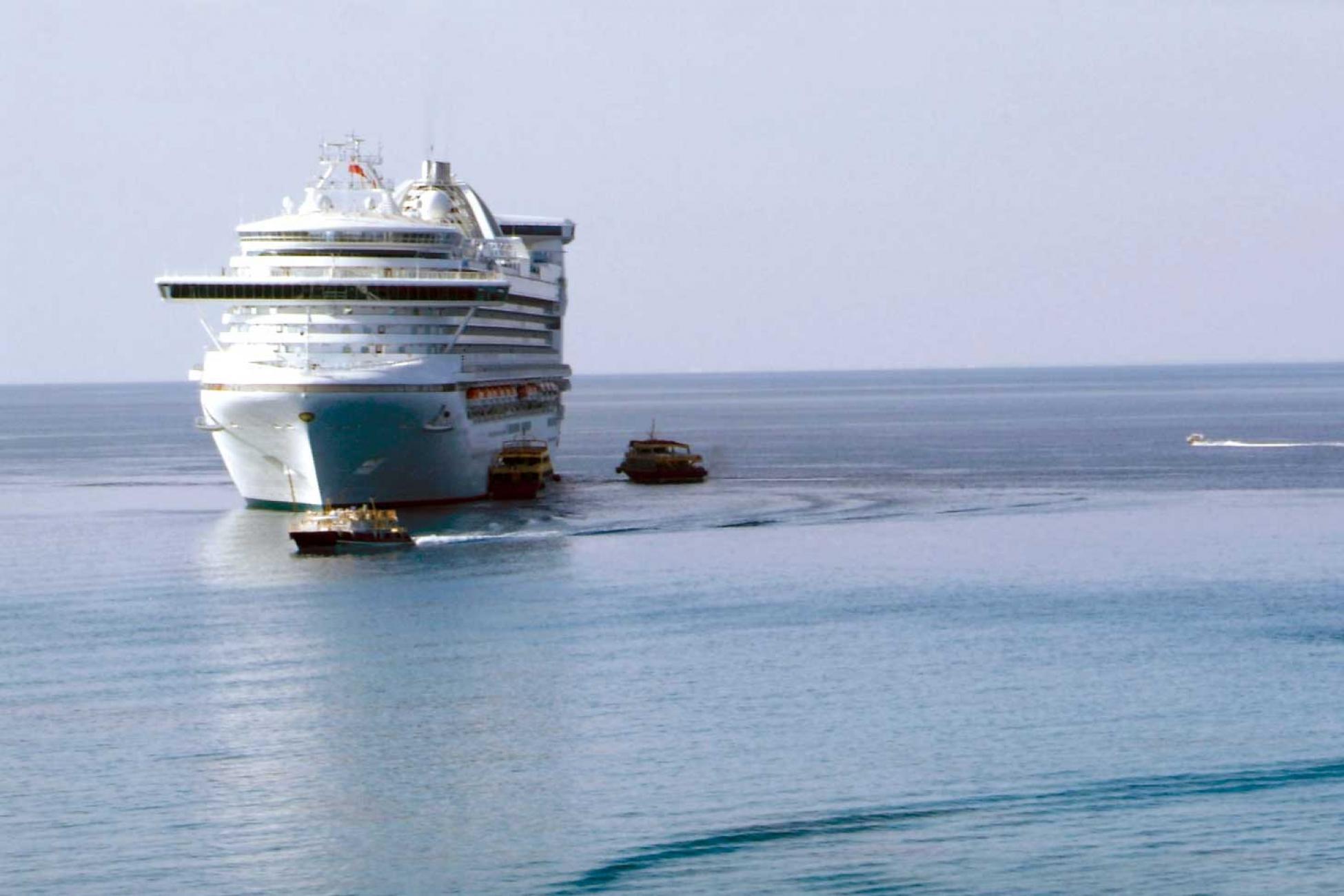Every day, hundreds of ships representing more than 50 luxury cruise lines crisscross the whale roads of the world’s oceans. For the on-board medical staff, they are the key to a mix of adventure, travel to exotic locations and cultural immersion.
According to Senior Nurse Francisca Maldonado, a six-year cruise ship veteran, providing on-board healthcare can be stressful, but fun and very rewarding. “You need to want to travel, be open-minded, be able to work with an international team, and be able to be away from home for months at a time,” she says.
Whether you’re a novice, intermediate or even a veteran travel healthcare professional, here’s how you can get on-board:
Who is hiring?
Many cruise ships follow guidelines set out by the American College of Emergency Physicians (ACEP) and will have medical facilities that include a medical centre, with staff on-call 24 hours a day. Typical staffing might include one or two doctors and anywhere from one to four nurses. On ships with two or more nurses, one is usually appointed senior or head nurse, responsible for supervision and administrative oversight.
Are you qualified?
Working successfully as a shipboard medical professional is more about skill sets and credentials than exotic ports of call, and more about vocations than vacations—but the concepts are not mutually exclusive.
Cruise lines recognize nurse licenses from all U.S. states and Canadian provinces. Medical staff need to be able to speak the working language of the ship they’re on, but additional languages are definitely a plus. Of course, a valid passport is a must, and background checks and medical examinations are part of most hiring procedures.
In addition to medical staff being fully registered and licensed, ACEP guidelines recommend that physicians and nurses have three years of post-graduate or post-registration experience in general and emergency medicine or be certified in emergency medicine, family practice or internal medicine. Medical staff should also be certified in advanced life support. Other recommended skills include Emergency Cardiovascular Care, and minor surgical and orthopedic skills (like suturing and managing fractures).
What can you expect while at sea?
Working on a cruise ship requires more than doling out seasickness medication. Shipboard clinics and medical centers constitute an urgent care environment and staff encounter healthcare issues ranging from cuts and abrasions to fractured hips and heart attacks.
The ages and fitness levels of cruise ship passengers can vary widely, from infants to octogenarians. Generally, the longer “grand” voyages (21 to 120 days) attract a large proportion of senior travellers, while the shorter, seven-day and 14-day cruises will draw a younger group.
What does an average contract look like?
Contracts for nurses tend to average around six months. Vanter Cruise Health Services, Inc. assignments average 12 to 16 weeks in length. Holland America Lines offers eight month schedules for full-time staff—four on, and two off. Part-time nurses might work as little as two weeks per year, allowing them to hold down full-time land-based careers as well.
Besides the opportunity to travel, there are other perks. Nursing staff are traditionally given officer status and enjoy full access to shipboard shows, social functions, amenities and services. Transportation to and from home, room and board, uniforms, liability and health insurance are typically included as well.
Getting Started:
Some cruise lines hire medical staff directly and most accept applications online. Others contract outside agencies to manage their ships’ medical staffing. To get started, here are some lines to check out:
• Vanter Cruise Health Services supports Crystal Cruises and Disney Cruise Line medical staffing needs.
• Carnival Cruise Lines, operating out of Miami, draws heavily on the United Kingdom, Australia and New Zealand.
• Seattle-based Holland American Lines targets Canada and the United States for skilled emergency-room qualified health care providers.
• A number of companies such as Dialysis at Sea and Medical Travel recruit specific specialties to enhance shipboard capabilities.
• The National Association of Travel Healthcare Organizations (NATHO) caters specifically to travel healthcare candidates and their clients.
About the author: Michael Howard has travelled extensively in and out of uniform throughout Africa, Asia, Europe, the Caribbean and the South Seas. Now exclusively freelance, he speaks German and English, with survival skills in French, Haitian Creole, Russian, Standard Arabic, Swahili and Samoan.
Add this article to your reading list



